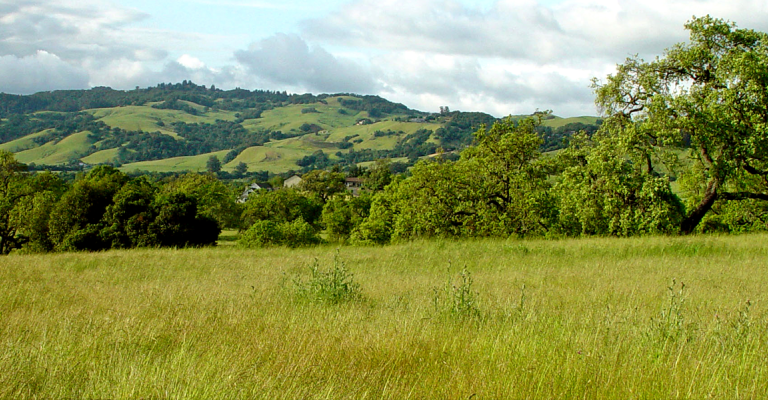Service-Learning in Chemistry
Service-learning activity usually falls into two categories
Type 1: Teaching/tutoring/sharing knowledge from the class.
Example: Chemistry students from Rockhurst University in Kansas City, Missouri tutored Hogan Prep Academy Charter High School students in AP Chemistry. As one university student noted “I love working with people more than anything. Making others believe in themselves is important to me. All of the students there have such great potential for everything in life, and they all want to make a difference. It's very inspiring.” Through a survey, it was determined that the university students “either “agreed” (56%) or “strongly agreed” (40%) that tutoring improved their understanding of the subject.” "The community partner observed “The tutors were great at working with those who had difficulties with things like formulas, electron configurations, using the periodic table and things like that. In addition, it was really great for the AP students to see that the college students were studying in the same areas they were and that college students ask questions when they are not sure of the answers.” The professor noted “…I have found these projects help me come closer to these goals in a way that would not happen in what would be considered a more traditional classroom setting. Though this approach to teaching Chemistry is more time intensive, the benefits to me and my students cannot be overstated.” 2
Type 2: Using information from the class to do something with/for a community organization.
Example: Students from the State University of New York, Syracuse, New York entered an American Chemical Society competition to adopt-a-stream and won top honors. They “learned how to do stream surveys for macroinvertebrates, chemistry, physical properties, and botany to access stream health.” The class opened the project to the public and it is now a yearly event. 3
Please contact [email protected] for more information.
1 Draper, Alison J. "Integrating Project-based Service-Learning into an Advanced Environmental Chemistry Course"
2 Lee, A. “Learners as Teachers: Student and Community Outcomes of Service-learning in an Undergraduate Chemistry Course.” Transformative Dialogues: Teaching and Learning Journal December 2012.
3 Donaghy, K., Saxton, K. “Service Learning Track in General Chemistry: Giving Students a Choice.” Journal of Chemical Education July 10, 2012.


